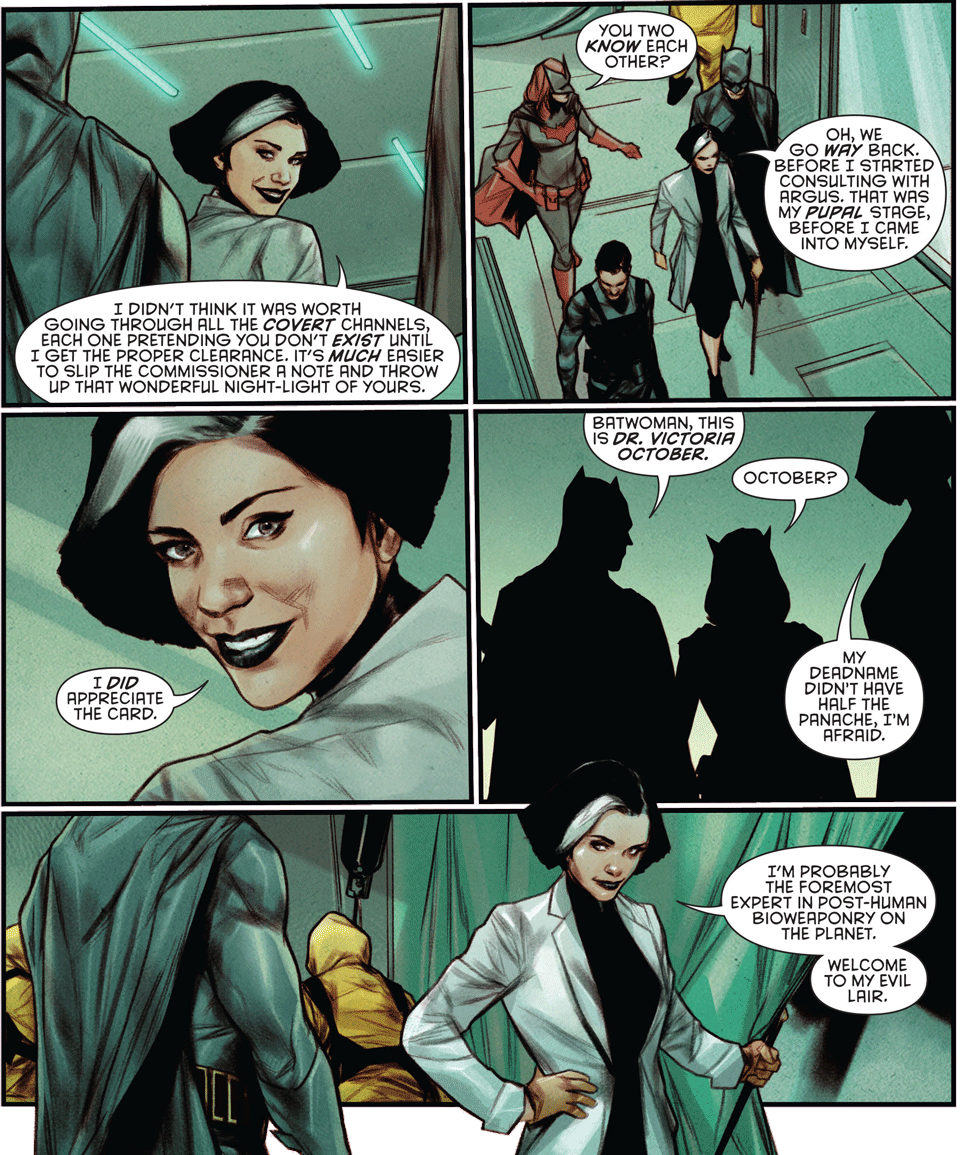Traditionally, family is the first social system you grow up in. It’s where you learn about hierarchy, sharing, patience, love, talking about your feelings, listening to other people’s feelings – it’s essentially where you learn how to treat people right.
That’s the ideal family. Ideally, you’re born into it, and you’re raised in it, and when you leave it, you come back every now and then to make sure it is still strong. Ideally, you’re loved, trusted, supported, listened to, shared with – ideally, you’re treated like a full person.
We all go into the world with a right to these connections. We deserve to be listened to, trusted, and loved. This is where we begin – and ideally, this is how we are raised.
But no family is ideal. For some, family is no more than a series of internalised expectations. You are supposed to live up to a name, or to a societal standard, or to a career path. For some, it’s something you have to grow out of, where family reflects your childhood, not your adulthood. For some of us, it is what we leave behind. Some leave behind the social norm of what love and togetherness stands for. Your family might not believe you, not trust you, not love you. And it might make you doubt the supposed inherent goodness of family.
It is then important to realise that families are made. You may be born into them; you may also be adopted into them. You may bear the same name, but you may not. These things are unimportant to a real bond. Family is a system of trust, love, sharing and caring. And, more importantly, you make your own family. Ultimately, family is what you make of it.
